Genre: eLearning | Language: English
Each and every one of us has a story to tell. An inspiring story, a funny story, a tragic story. A story unlike any other story in the world. But sometimes, we just need a little help figuring out what to say-and the right way to say it.
Perhaps you quit your high-paying job to pursue your dream of owning and operating an antique store. Maybe a close family friend passed away and, in their memory, you fulfilled their dream of hiking up Mount Fuji. It could even be a story as simple as watching your struggling high school student bring home an “A” grade on an important test. But regardless of how compelling, how personal, your story might seem, it won’t resonate with readers unless you’re able to effectively translate it onto the page.
Every good story has foundational elements that anyone with a passion for storytelling can master. In the same way a budding cellist gets better with guidance and insights from a master of the craft, a writer looking to share their story with the world can reap unlimited rewards by spending time in the company of a seasoned author.
Joyce Maynard is just such an author. An expert in the art of personal writing, Maynard has written 17 books, including a controversial memoir about her relationship with the reclusive author J. D. Salinger that became a bestseller. In addition to writing, Maynard also hosts popular workshops for aspiring memoirists-an experience that’s captured and brought into the comfort of your living room with Writing Your Story.
In the 26 lessons of this writing workshop, best-selling author and writing instructor Joyce Maynard teaches you how to translate your life stories into pieces of memoir writing with the power to captivate readers. You’ll explore the process of identifying a personal story and the right way to tell it. You’ll develop (or strengthen) your ability to work with language, structure, dialogue, and description. You’ll also get inspirational insights into cultivating your own writing practice, handling criticism and rejection, and other challenges of the writing life.
“My job here is to give you permission to tell your story,” Maynard says with her characteristic (and contagious) passion for the craft. “To urge you to tell the truth. The whole truth and nothing but the truth.”
Build the Confidence You Need to Tell Your Truth
Sometimes, what can hold us back from sitting down to write a very personal story is fear. A fear of being judged by readers. A fear of confronting uncomfortable aspects of our past. Even the fear that there’s nothing really interesting about our lives.
But with its collegial studio setting and expert guidance, Writing Your Story helps you build the confidence you need to tell your truth through words. It’s a learning experience that reveals just how empowering it can be to take charge of feelings or events that fascinate (or even scare) you. Above all, it’s a safe, non-judgmental space to think about-and write about-your life.
And these lessons offer plenty for you to think about when it comes to putting pen to paper (or fingers to keyboard) to capture an event or a theme or a person that simply must be shared with the world. In Writing Your Story, you’ll learn how to:
Make the difficult choice of what to take out of a personal story that feels too long;
Determine whether your personal story is better suited as an essay or a memoir;
Build out the dramatic, reader-friendly arc of sentences, paragraphs, and entire stories;
Diagram sentences to discover the components of what makes them unforgettable;
Foster a sense of community and collaboration with other writers out there; and much more.
Hone Your Stories with Helpful Tips and Tricks
Most writers build their practice and their work on a series of strategies and tools that they carry with them every time they sit down at their writing desk. Maynard’s lessons offer you tips and tricks that have worked for her throughout her storied career as a memoirist, journalist, and writing instructor.
Here are just three of the exciting, helpful perspectives she offers throughout this course:
Write like an Orphan. While you should never write a personal story out of revenge, you should always be honest and courageous about what you’re writing. Ultimately, Maynard notes, it’s not your job to worry about what your family will think about what you’ve written. Whenever you sit down to write about yourself, do so with utter freedom-as if none of your family members were alive. If you do have to make changes for reasons of propriety, make them later, while revising and editing. Not at the writing stage.
Create a Container. Maynard spends several lessons on the idea of a “container,” or the smaller story that still affords you the freedom to explore big ideas. For example, the big idea you want to write about is how much you miss your late mother. To make that big idea more unique and personal, you can fit it inside a smaller story-in this instance, the story of eating your mother’s last jar of homemade chutney. Fitting your story into the perfect container is also a great way to lend drama and tension to your tale.
Write like Every Word Costs Five Dollars. Strong writers are economic writers, meaning they don’t put down as many words as possible-they put down the right words. Sometimes, when you’re having trouble whittling down your work or you want to make sure you’re telling your story as well as you possibly can, think of every word costing you five dollars. Then see how much money you save by taking out weak verbs, stale adjectives, and other unnecessary information. A memorable personal story is always razor-sharp.
Start Writing the Story Only You Can Write
For over 20 years, Maynard has hosted workshops for aspiring writers of memoir, as well as guest lectured in writing at colleges and MFA programs across the United States. Clearly at home in a workshop setting, she’s equal parts coach and fan. She doesn’t hold back from picking apart her students’ work in an effort to make it better, but she also recognizes that these are personal stories no one except you, the writer, can tell.
It doesn’t matter if you’re setting out to write a 300-page book or a 1,000-word essay-you need to have the courage to tell your story and to think of yourself as a writer. Writing Your Story will show you how to do both.
As Maynard says, “You will help yourself, you will heal yourself, and you will stand here and say, ‘Here I am, make of this what you will!’ Somebody will be listening. Somebody will be helped.”
When it’s time to tell your story, this is the perfect way to get started.


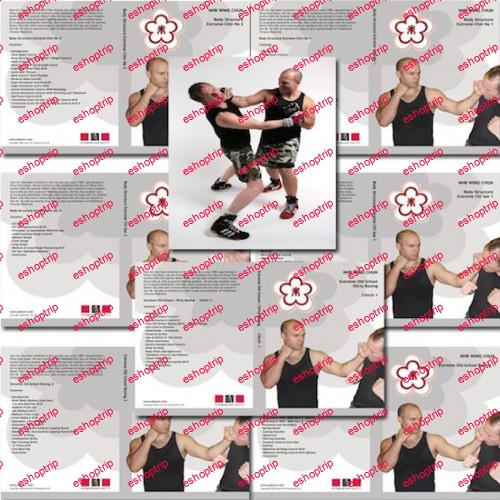
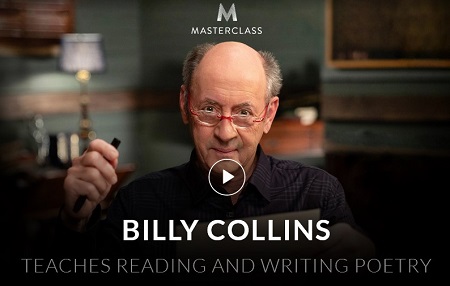




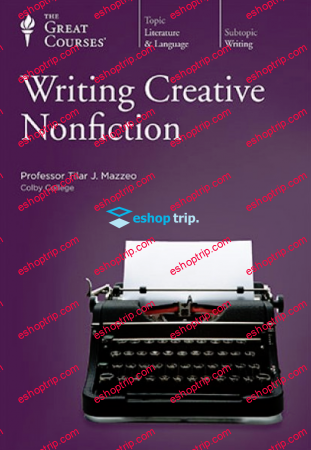
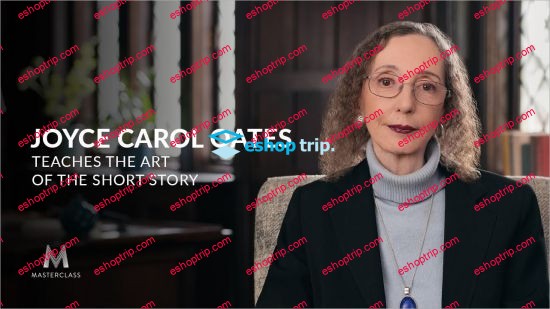
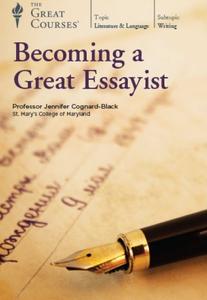
Reviews
There are no reviews yet.